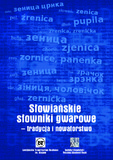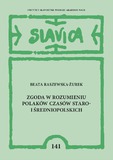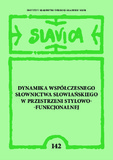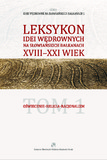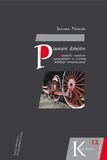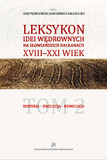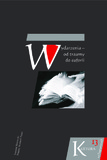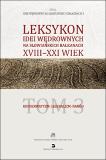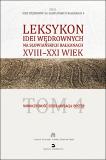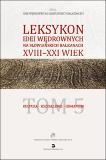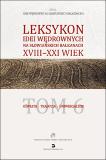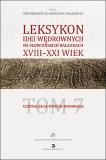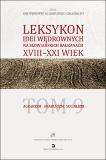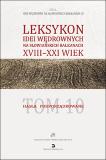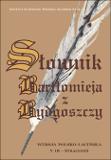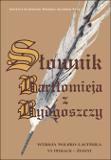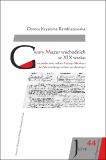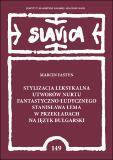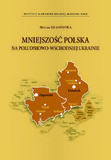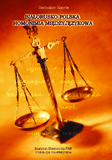
Belarusian-Polish interlingual homonymy
Białorusko-polska homonimia międzyjęzykowa
Keywords: interlinguistic homonymy;Polish language;Belarusian language;false friends of a translator;dictionary;
In English, there exist several terms describing the interlingustic homonymy – a phenomenon which is described in this dissertation, with reference to the Belarusian and Polish language. Among these terms, one can indicate: (translator’s/slavist’s) “false friends”, “false cognates”, “misleading words” (of foreign origin), “deceptive words”, “deceptive cognates” or “interlinguistic lexical homonymy”.The monograph includes a review of some of the most important European works on the problem of “false friends” understood in a broad sense. These references lead to a discussion on the existing definitions as well as the most appropriate term to determine the concept of “false friends”. Furthermore, an attempt to list types and causes of this phenomenon is made.The phenomenon of “false friends” can be observed not only within vocabulary, but also among more complex lexical structures, e.g. expressions and phrases. As mentioned above, the aim of this book was to list different types of “false friends” and to explain the mechanism of language mistakes and misunderstandings. This issue should be taken into consideration in the process of language teaching.This book offers a theoretical overview of the problem of interlingual homonymy as regards Polish and Belarusian. It also provides a comprehensive list of types of interlinguistic homonymy, which is lead to compile a dictionary of Belarusian‑Polish “false friends”. So far, such a publication has not been worked up. It is also the first greater dictionary of this type, including numerous examples. It is addressed not only to students and teachers, but also to all those who use Belarusian and Polish in their everyday life including journalists, businessmen or politicians.
More...
